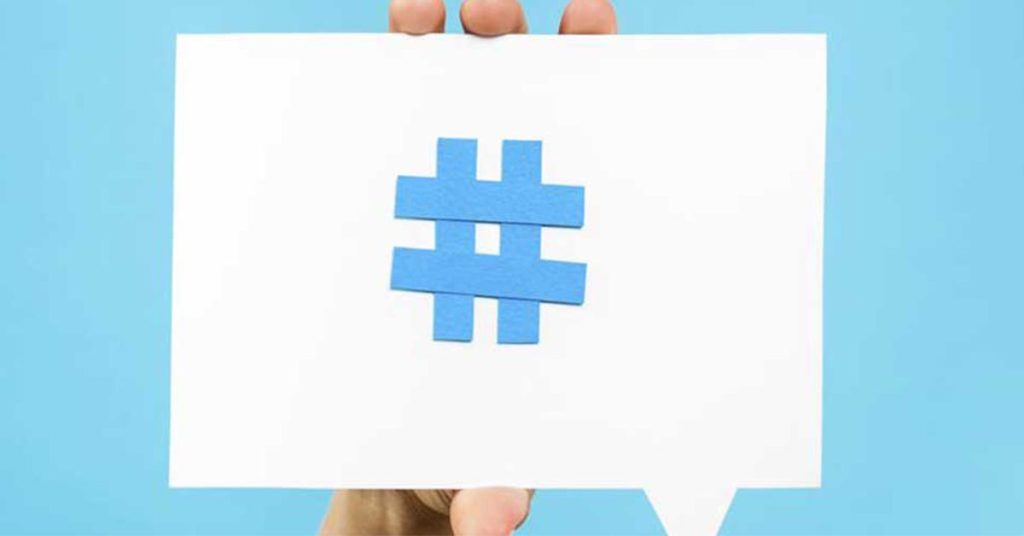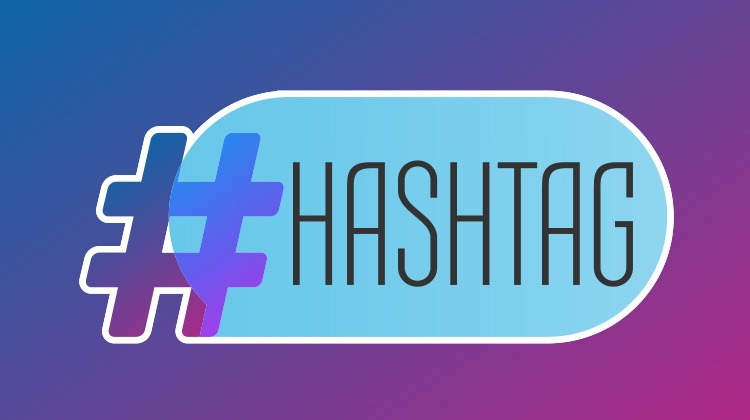
Level Up Your Marvel Rivals Gameplay
Capture your epic wins, clutch moments, and even hilarious fails with Eklipse. Easily create and share highlight reels with your friends—even if you're not streaming!
Learn MoreHashtags are important tools in online marketing. They help a lot in how well your posts do on social media. Smart companies use them in a planned way to achieve their goals, like making a product very popular or checking how well hashtags are working.
Some people are unsure about using hashtags because they’ve heard mixed things or wrong advice. But we want to clear that up. We’ll explain what hashtags are, how to use them well, and show you examples of companies doing it right.
What is a hashtag?

Hashtags are words or numbers following the # symbol that categorize and track content on social media. You can add hashtags to social posts, bios, and comments on most major platforms, including Instagram, Facebook, TikTok, Twitter, LinkedIn, YouTube, and Pinterest.
Hashtags were invented to bring order to the social media user experience. They group together similar conversations, making it easier for people to find content that matters to them. Hashtags also help users amplify their message, fuel entire hashtag campaigns, and contribute to social movements.
Why should you use hashtags?
Hashtags are powerful tools for growing your online presence. Here are three ways hashtags can benefit your business:
- Increases engagement: Using hashtags allows you to participate in larger conversations or trending topics, increasing the reach of your posts and attracting more attention. Engaging with users who use relevant hashtags can also boost your engagement.
- Makes your brand easier to find: Hashtags categorize your content, making it easier for people interested in that topic to discover it. Branded hashtags can help existing customers find specific posts and pages related to your brand.
- Adds additional context to your posts: Hashtags connect your posts to specific topics or themes, making it easier for your audience to find, understand, relate to, and engage with your content.
How to find which hashtags to use

Before using a new hashtag, determine your goal. Then, conduct hashtag research to find the right hashtags for your brand. Here are a few ways to do this:
- Use a social media listening tool: Tools like RiteTag and Sprout Social’s Listening can help you identify relevant conversations and discover what hashtags are being used by your target audience.
- Research trending hashtags: Take advantage of trending hashtags to attract more attention to your posts. You can use hashtag tracking tools or browse each social media platform’s trend-specific page.
- Review your competition: Analyze the hashtags your competitors are using and identify relevant and effective hashtags for your brand.
How to Using hashtags on different social networks
Tailor your hashtags to each social platform. Here are some best practices for using hashtags on popular platforms:
- Instagram: Use 3-5 relevant hashtags in your posts, comments, and Stories.
- Facebook: Use 1-2 relevant hashtags in your posts, comments, and Stories.
- TikTok: Use 3-5 relevant hashtags in your videos and Stories.
- Twitter: Use 1-2 relevant hashtags in your Tweets, Retweets, and Replies.
- LinkedIn: Use 2-3 relevant hashtags in your posts and on your company page.
- YouTube: Use 3-5 relevant hashtags per video, with 1-2 in the title and the rest in the description.
- Pinterest: Use relevant niche hashtags, but use them sparingly.
Conclusion
Hashtags are still relevant and worth using to boost your content’s performance. By using the right hashtags, you can build relationships, increase brand awareness, and reach your goals on social media and beyond.
🎮 Play. Clip. Share.
You don’t need to be a streamer to create amazing gaming clips.
Let Eklipse AI auto-detect your best moments and turn them into epic highlights!
Limited free clips available. Don't miss out!
